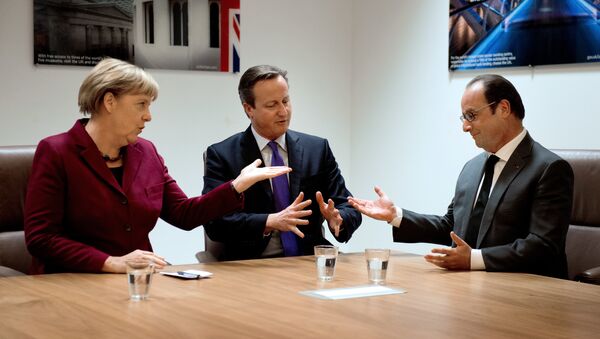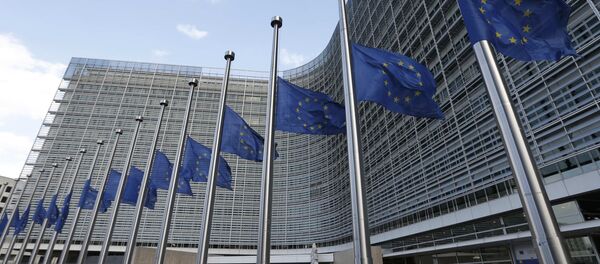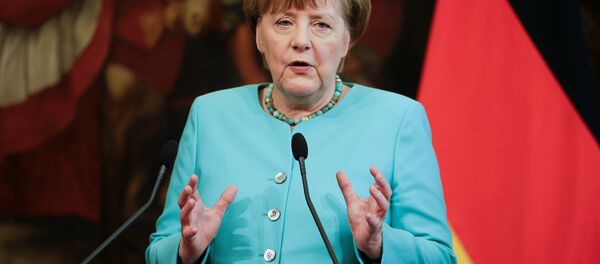More than a half of respondents (55 percent) believe that the European Union should try to influence Russian policy, making closer cooperation dependent on Moscow’s adherence to rules and values of the European security system. At the same time, 24 percent said it was better to accept Russian policy as it is and to agree new rules of coexistence and cooperation.
The respondents had also different views on key spheres of EU-Russian cooperation: the most popular variants were countering terrorism, Syria, Middle East as well as nuclear disarmament and non-proliferation but the number of people voted for them was not overwhelming.
The majority of respondents (71 percent) said that Russia and the European Union had converging as well as conflicting interests whereas 26 percent believe that Russian and EU interests are conflicting and cannot be reconciled.
Most participants of the survey supported the anti-Russia sanctions, with 52 percent saying that the sanctions should be gradually phased out in return for progress on the full implementation of the Minsk agreements and 33 percent believing the sanctions should remain until Russia ceases to "violate the territorial integrity of Ukraine." A total of 10 percent called for lifting sanctions regardless of the developments in Ukraine.
In 2014, relations between Russia and the European Union deteriorated amid the crisis in Ukraine. Brussels, Washington and their allies have introduced several rounds of anti-Russia sanctions over Crimea's secession from Ukraine and reunification with Russia, accusing Moscow of annexing the region and meddling in the conflict in eastern Ukraine.
Russia has repeatedly refuted the allegations, warning that the Western sanctions are counterproductive and undermine global stability.



